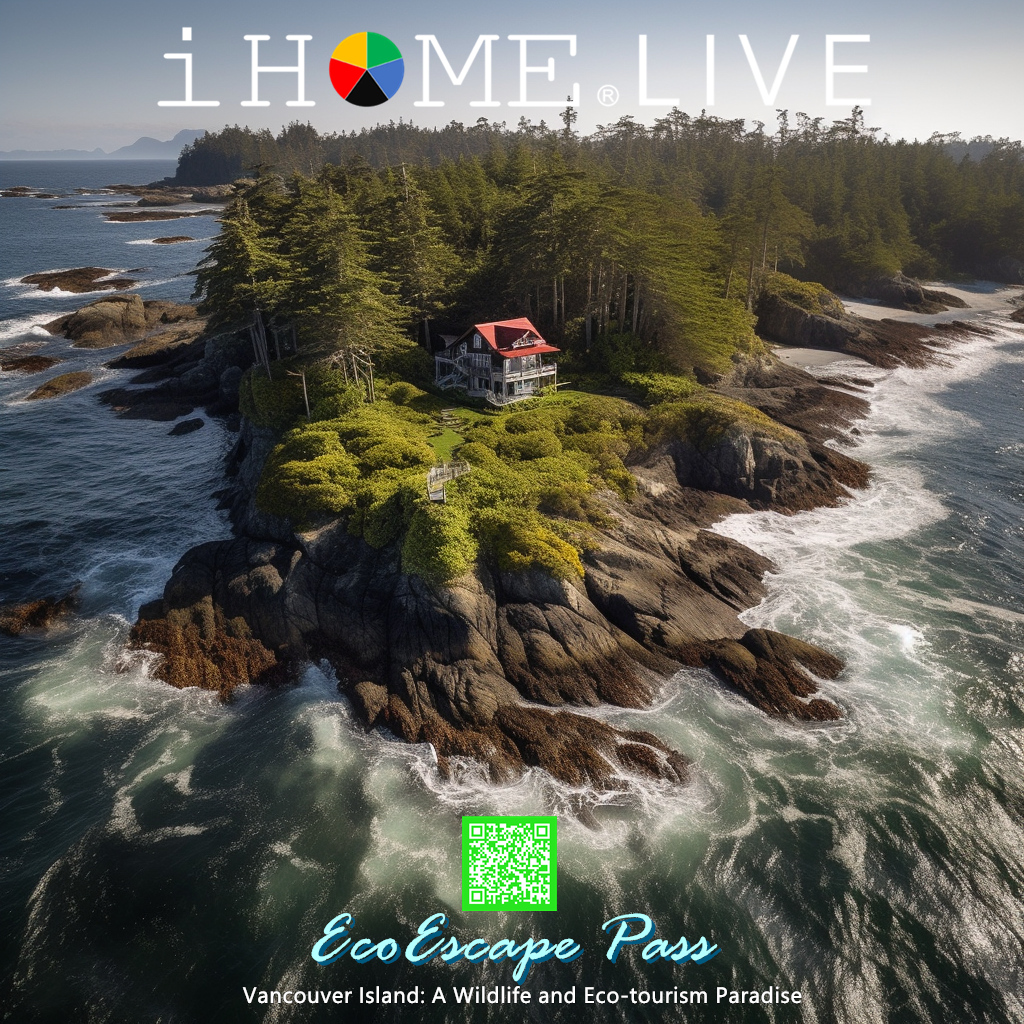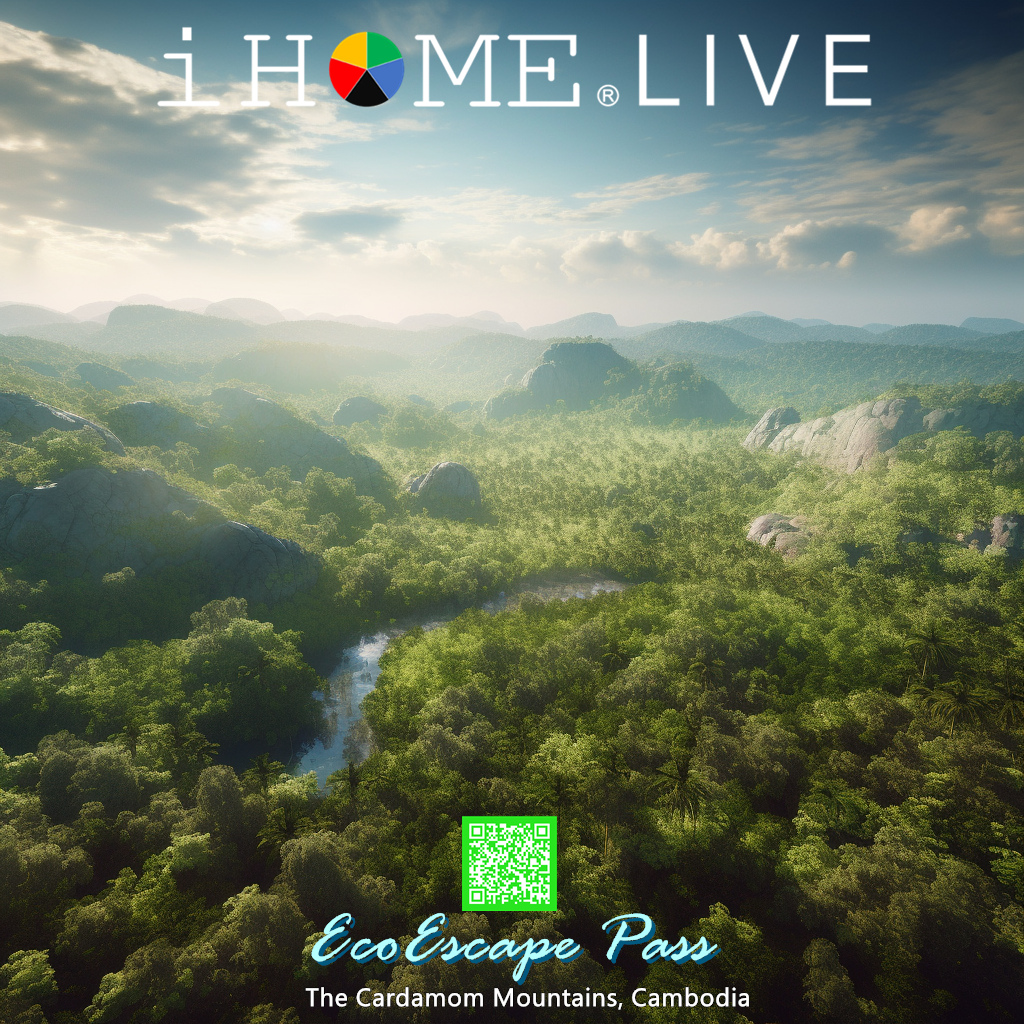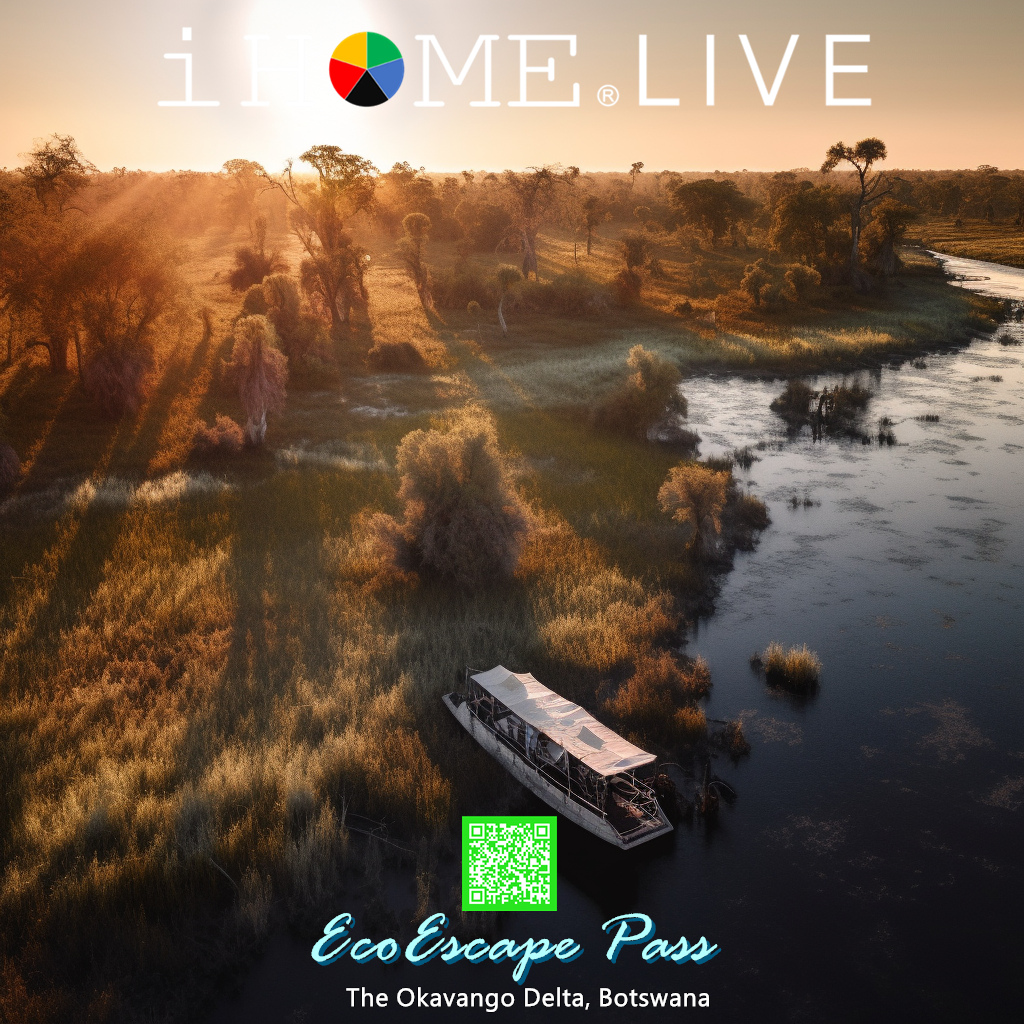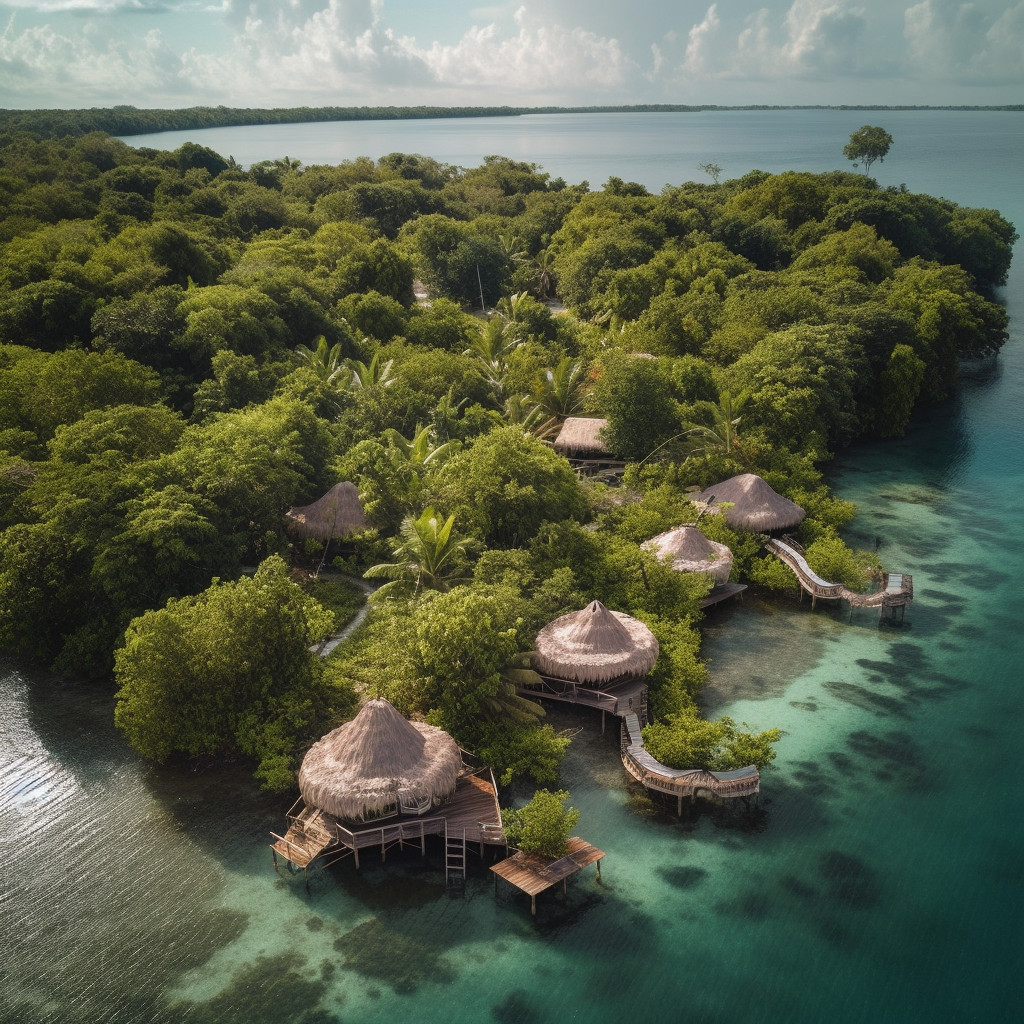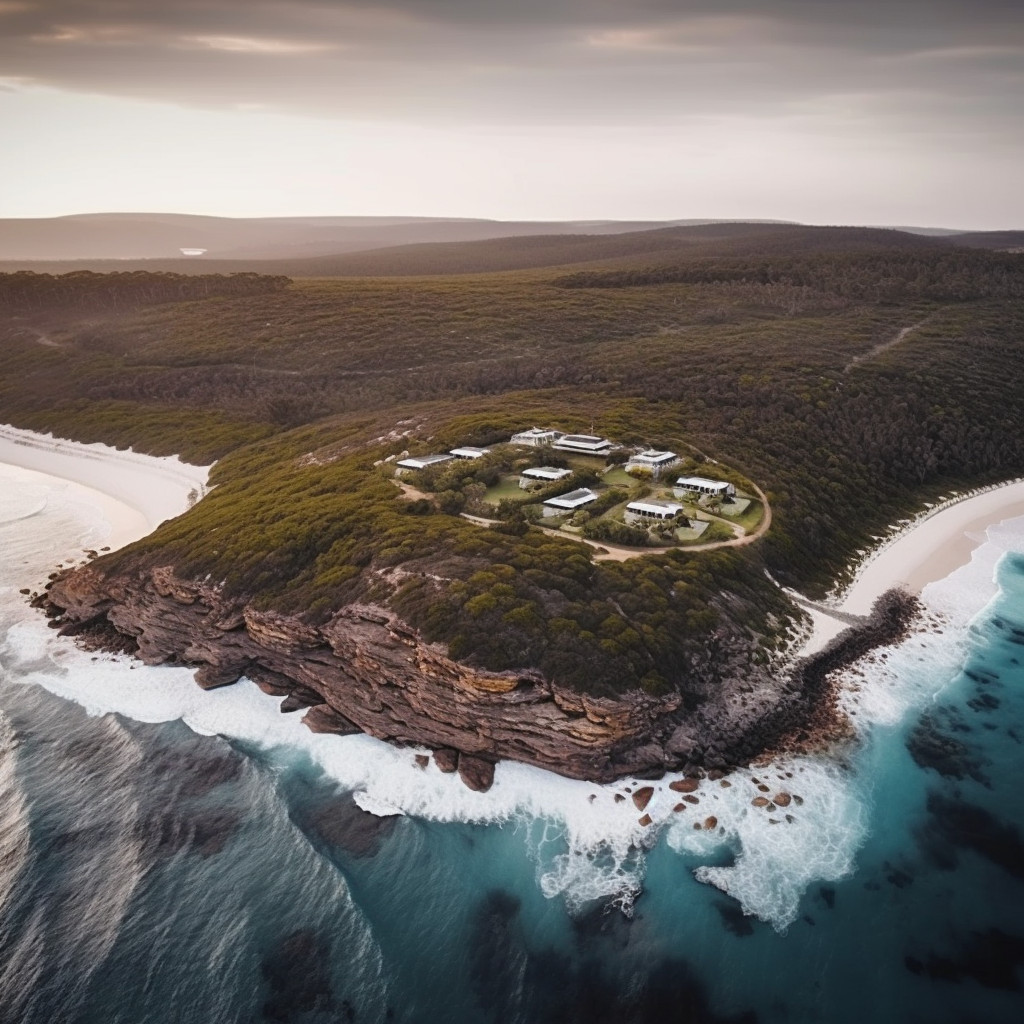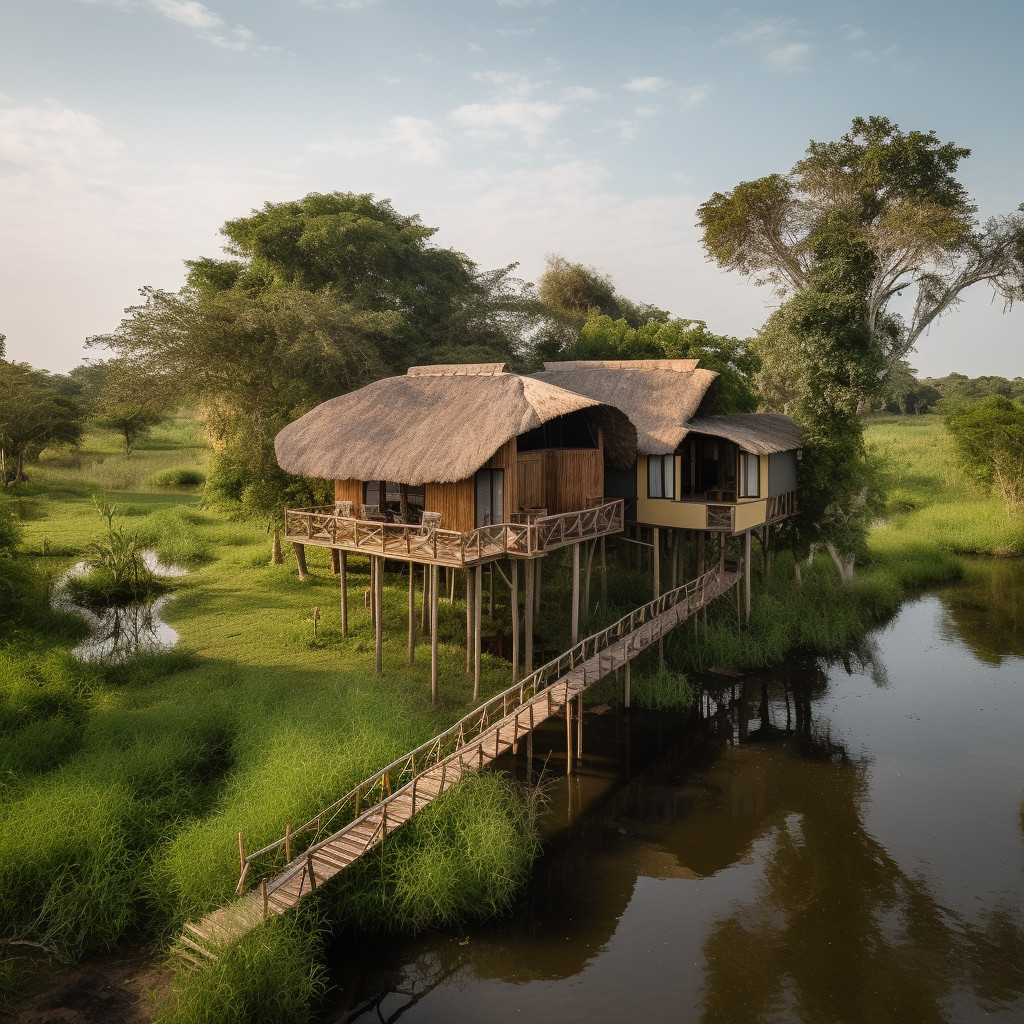Overview
Description:
The Cardamom Mountains in Cambodia are one of Southeast Asia’s last great wilderness areas, offering a unique and untouched natural environment. This vast, remote region is known for its dense tropical rainforests, rich biodiversity, and significant conservation efforts. The Cardamom Mountains are a haven for eco-tourism, with opportunities for trekking, wildlife spotting, and immersing oneself in the serene beauty of the Cambodian wilderness. The area’s commitment to conservation and sustainable tourism makes it an ideal destination for nature lovers and responsible travelers.
Eco Attractions:
- Botum Sakor National Park: The largest national park in Cambodia, home to diverse wildlife and pristine landscapes.
- Chi Phat Community-Based Ecotourism: Offers eco-friendly homestays, guided treks, and wildlife tours.
- Wildlife Alliance Conservation Programs: Opportunities to participate in conservation efforts and learn about local wildlife protection.
- Tatai Waterfall: A beautiful natural spot for swimming and picnicking, accessible via eco-friendly tours.
Visa and Residency Options
Visa Requirements
Types of Visas:
- Tourist Visa: Available on arrival for most nationalities, allowing stays up to 30 days.
- E-Visa: Can be obtained online for a stay of up to 30 days.
Application Process:
- Online application through the Cambodian Ministry of Foreign Affairs and International Cooperation.
- Required documents include a valid passport, passport-sized photo, and visa fee.
Documentation and Eligibility:
- Valid passport with at least six months’ validity.
- Passport-sized photo.
- Proof of return or onward travel.
Long-term Stay Permits
Extending Your Stay:
- Tourist visas can be extended for an additional 30 days at local immigration offices.
- Options for longer stays through volunteering with conservation programs.
Application Details:
- Apply at local immigration offices or through online services.
- Necessary documentation includes proof of ongoing projects and financial stability.
Long-term Options:
- Volunteering programs in conservation and eco-tourism.
- Educational courses related to environmental studies and sustainable development.
Residency Options
Paths to Residency:
- Long-term residency through investment in eco-tourism or conservation projects.
- Work permits for skilled professionals contributing to sustainable development.
Residency Requirements:
- Must meet health and character requirements.
- Proof of investment or employment in eco-friendly projects.
Transitioning to Permanent Residency:
- Continuous engagement in eco-tourism and conservation activities can support applications for permanent residency.
Living Conditions
Cost of Living:
- Accommodation: $300 – $800 USD per month for eco-friendly lodges or sustainable housing.
- Food: $30 – $100 USD per week, with a focus on local and organic produce.
- Transportation: $20 – $50 USD per week for eco-friendly transport options.
Infrastructure:
- Sustainable housing options and eco-friendly healthcare facilities are available, though amenities can be basic in remote areas.
- Reliable internet and co-working spaces are less common, suitable for those looking to disconnect and immerse in nature.
Additional Details:
- Opening a bank account requires identification and proof of address.
- Local tax obligations should be explored through the General Department of Taxation in Cambodia.
Community and Networking
Community Overview:
- A small but dedicated eco-conscious community focused on conservation and sustainable living.
Networking Opportunities:
- Regular community events and workshops centered on sustainability and wildlife conservation.
- Eco-tourism forums and local meetups.
Social Platforms:
- Facebook groups and local forums for eco-conscious travelers.
- Instagram pages dedicated to the Cardamom Mountains’ eco-lifestyle.
Eco-Friendly Activities and Attractions
Nature Reserves and Parks:
- Botum Sakor National Park: Offers guided safaris, birdwatching, and conservation activities.
- Phnom Samkos Wildlife Sanctuary: Known for its rich biodiversity and conservation efforts.
Guided Tours:
- Eco-friendly transport options for guided tours across the Cardamom Mountains, organized by local eco-tourism operators.
Wildlife Watching:
- Opportunities to see Asian elephants, clouded leopards, sun bears, and numerous bird species in their natural habitats.
Outdoor Activities:
- Trekking, bird watching, kayaking, and exploring waterfalls, all with a focus on minimal environmental impact.
Eco-Lodging:
- Recommended eco-lodges include Rainbow Lodge and 4 Rivers Floating Lodge.
Organic and Farm-to-Table Dining:
- Local dining options such as community-based restaurants in Chi Phat focus on organic and sustainable practices.
Environmental Initiatives
Conservation Programs:
- Numerous local initiatives focused on wildlife protection, anti-poaching efforts, and habitat preservation.
Volunteer Opportunities:
- Opportunities to engage in environmental clean-up projects, wildlife monitoring, and community education programs.
Sustainable Living Workshops:
- Workshops on permaculture, eco-friendly practices, and sustainable living.
Community Gardens and Urban Farming:
- Participation in local community gardens and urban farming projects.
Cultural Insights
Local Customs:
- Emphasis on respect for nature and wildlife, intertwined with traditional Khmer cultural practices.
- Strong community values and conservation-minded practices.
Language Tips:
- Khmer is the official language, but English is widely spoken in tourist areas.
Safety and Laws:
- Adhere to local guidelines for wildlife interaction and environmental protection.
- Respect cultural norms, particularly around traditional ceremonies and practices.
Do’s and Don’ts:
- Do participate in eco-friendly activities.
- Don’t disturb wildlife or damage natural habitats.
- Follow the guidance of local guides and respect community norms.
Summary
Pros:
- Rich biodiversity and stunning natural landscapes.
- Strong conservation efforts and eco-tourism focus.
- Vibrant community with deep cultural and ecological values.
Cons:
- Remote areas with limited access to some modern amenities.
- Higher cost due to sustainable travel policies and eco-friendly accommodations.
Key Reasons:
- Unique wildlife encounters and pristine wilderness.
- Commitment to sustainability and conservation.
- Opportunities for eco-friendly activities and responsible travel.
Useful Contacts and Resources
Embassies and Consulates:
- Contact details for embassies and consulates can be found on the Cambodian Ministry of Foreign Affairs website.
Local Government and Services:
- The Ministry of Environment’s official website provides information on local services and support.
Essential Services:
- Websites like Wildlife Alliance offer resources for eco-friendly daily living.
Emergency phone numbers:
- Local emergency number: 117.
- Direct line to the nearest police station and medical facilities can be found on local government websites.
![Romania - Tiny house - [ Minimalist Retreats ] - Design Collectibles & Angel Membership (V1)](https://ihome.org/wp-content/uploads/2024/06/Slide19-300x300.jpg)



![Australia - Tiny house - [ Minimalist Retreats ] - Design Collectibles & Angel Membership (V1) (Copy)](https://ihome.org/wp-content/uploads/2024/06/Slide21-300x300.jpg)
